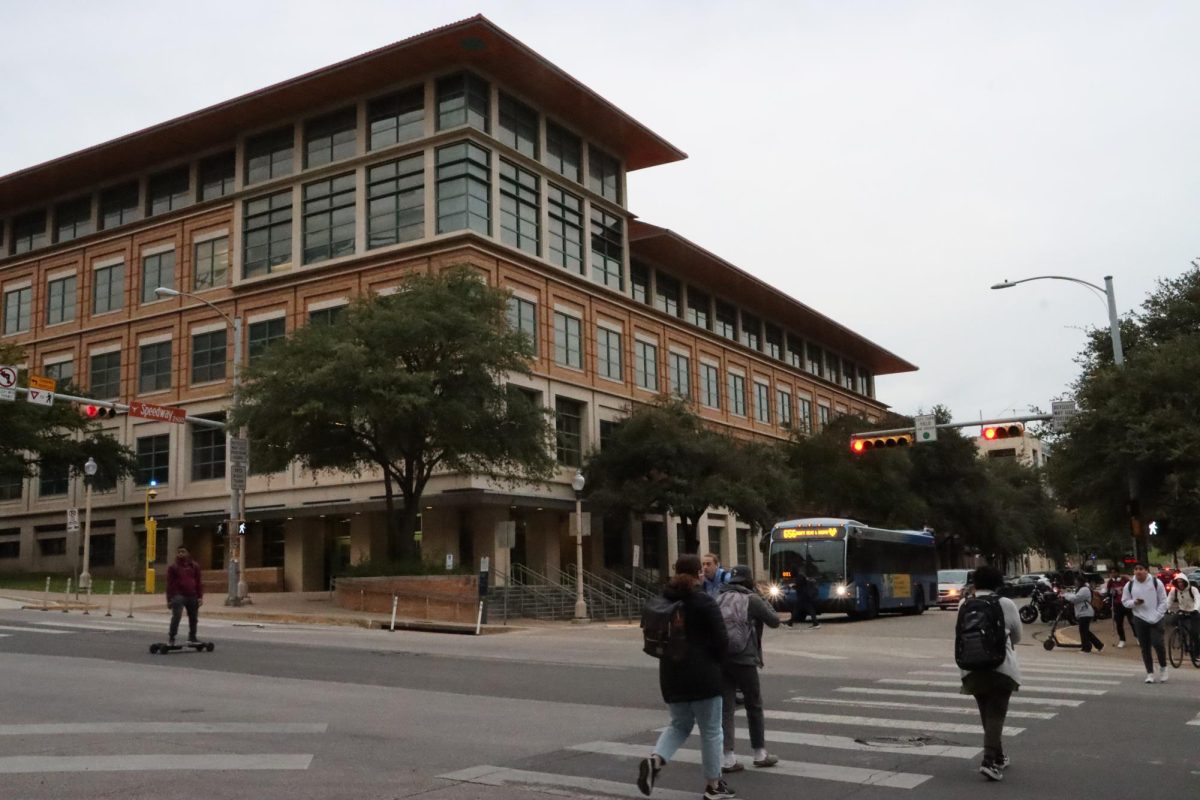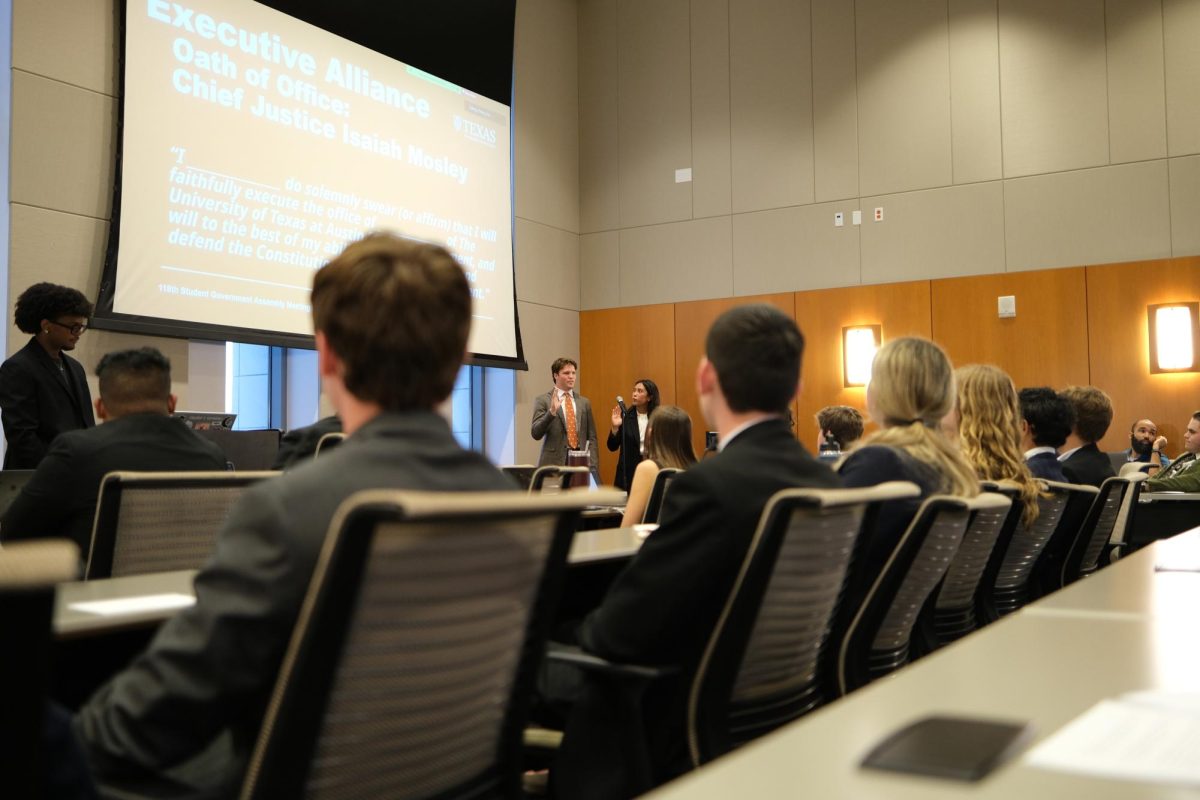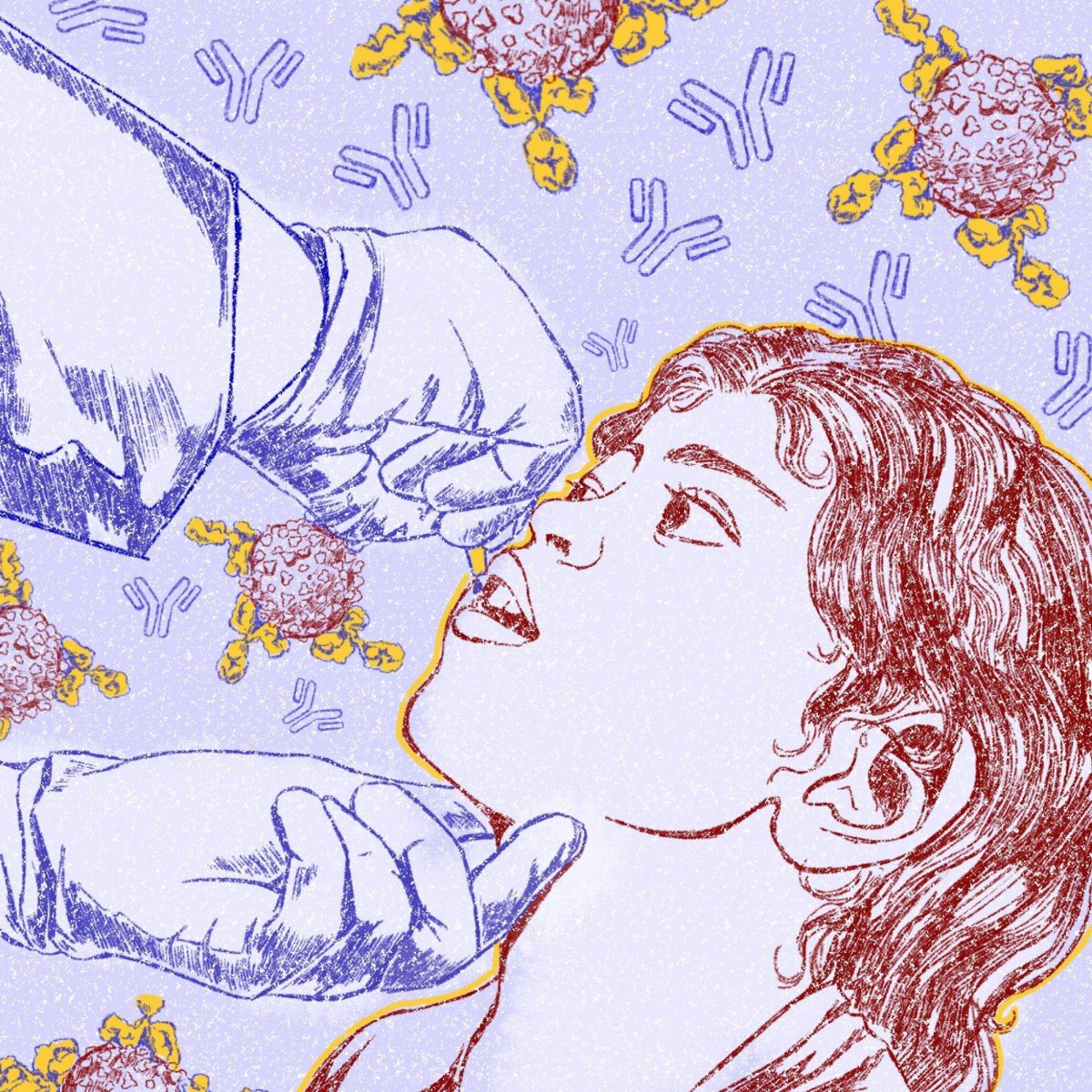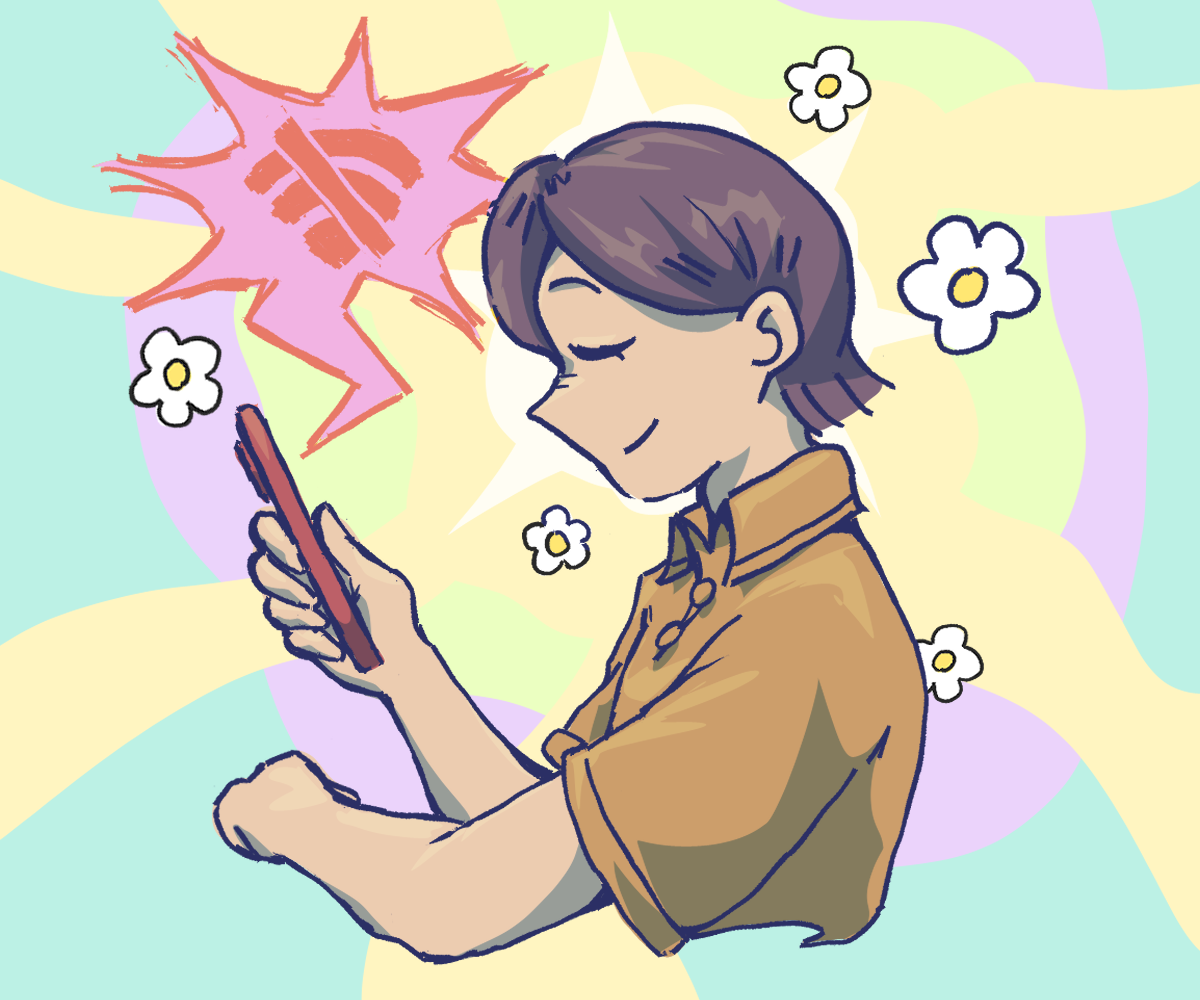Psychology doctoral student William Costello won the American Psychological Association’s Division 51: Society for the Psychological Study of Men & Masculinities Student of the Year award for his research on the psychology of incels, or involuntarily celibate men.
“It’s a terrific honor, and I am immensely proud,” Costello said in an email. “(The) credit must go to my mentors who have helped train me so far. The award is as much an acknowledgment of them as me.”
Costello said psychology professors William Swann and David Buss nominated him for the award. His Ph.D. supervisor Buss serves as the world’s leading expert on human mating psychology and founded the field of evolutionary psychology and its formative theories in the 1980s, Costello said.
“Reading his books was what introduced me to evolutionary psychology,” Costello said. “It’s a dream to get to work with him.”
In partnership with colleagues from Swansea University, Costello recently conducted the largest study of incels yet, sampling 561 participants to research incel violence. Costello said he plans to publish their work in a government report. The pair found that, opposing popular belief, incels pose more of a threat to themselves than society.
“Many people are inclined to judge incels by the actions (and) words of the most extreme minority within the community,” Costello said. “I try to avoid this. It is extremely important to communicate our scientific findings responsibly to mainstream audiences who may have valid concerns, yet some misconceptions, about incels.”
Costello said the topic of incels fascinates him because of their voluntary exclusion from a fundamental human goal — to find and attract a mate. He said failure to fulfill mating goals often leads to a decline in mental and physical health, financial success and social standing.
“Humans are so preoccupied with attracting mates that billion-dollar industries are built around it in the form of dating apps; we write poetry and go to war over it,” Costello said. “It seems somewhat paradoxical that there is a growing community of men who strongly identify with their perceived inability to solve these adaptive problems.”
In the future, Costello said he hopes to conduct further research on the incel community and pursue a career in academia. He said he wants to continue to collaborate with mental health professionals to provide specialized care for incels.
“(A career in academia) would allow me to continue to read, think, learn, teach about and research things that interest me as a career all while networking with some of the smartest and most interesting people in the world at conferences in amazing places all over the world,” Costello said. “I can’t think of anything better than that.”



















